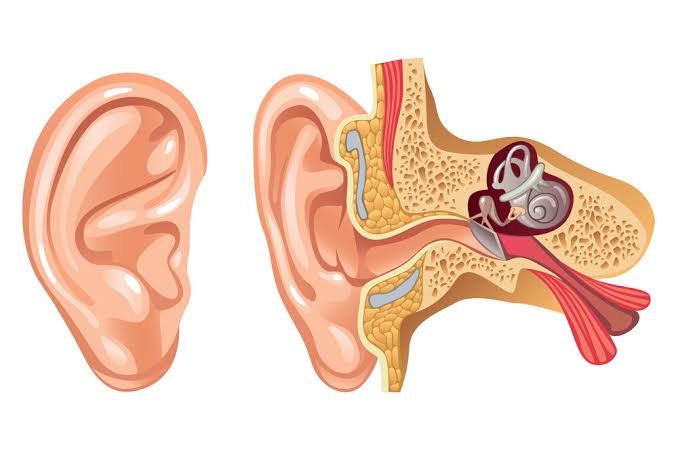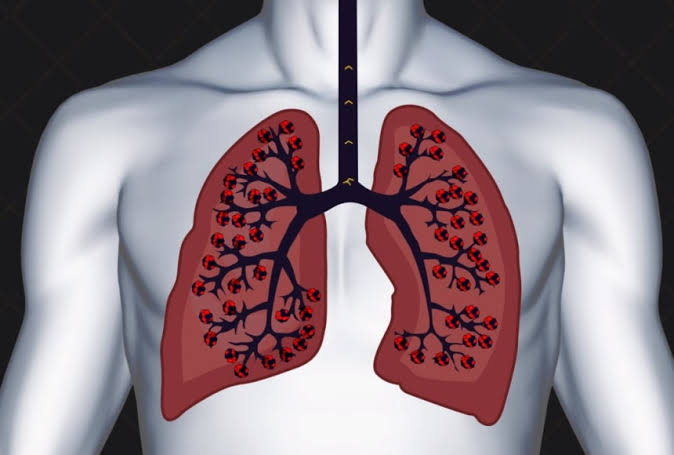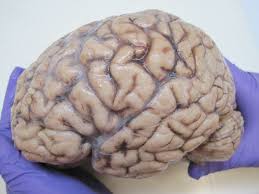Certainly! There are various diseases and conditions that can affect the human legs. Some common ones include:
1. Peripheral Artery Disease (PAD): A circulatory condition where narrowed arteries reduce blood flow to the limbs, causing pain and potential complications.
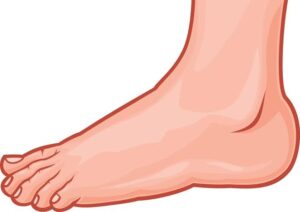
2. Deep Vein Thrombosis (DVT): Formation of blood clots in deep veins, often in the legs, which can lead to serious complications if a clot breaks loose and travels to the lungs.
3. Varicose Veins: Swollen, twisted veins that often occur in the legs due to weakened valves, causing blood pooling.
4. Osteoarthritis: A degenerative joint disease that can affect the knees, leading to pain and reduced mobility.
5. Rheumatoid Arthritis: An autoimmune disorder that can impact joints, including those in the legs, causing inflammation and stiffness.
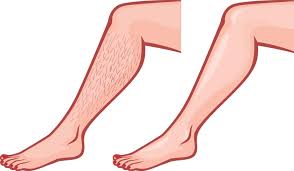
6. Peripheral Neuropathy: Nerve damage affecting the legs, often caused by diabetes, leading to pain, tingling, or numbness.
7. Cellulitis:A bacterial skin infection that can affect the legs, causing redness, swelling, and warmth.
It’s crucial to consult with healthcare professionals for accurate diagnosis and appropriate treatment for any leg-related health concerns.
